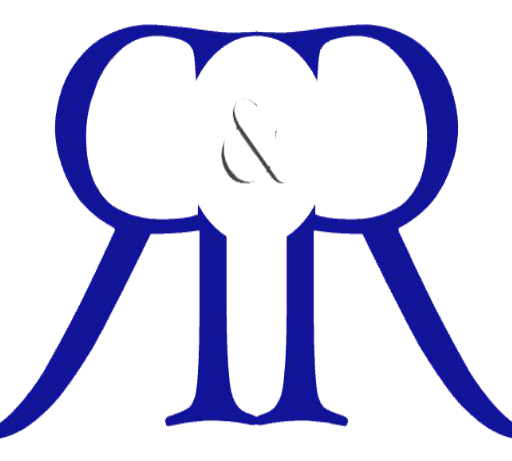
How Changing your Business Structure Could Benefit your Income Taxes
Whether you’re just starting out, or if you’ve been running your business for years, it’s important to consider your business structure. There are several different types of businesses and it’s important to remember that your business structure isn’t set in stone. You can restructure your business as it grows and, in some circumstances, it makes sense to do so.
Here is an overview of the different types of business structures and how changing your business could provide several potential benefits, including lower income taxes.
Possible Business Structures in Canada
In Canada, there are four possible business structures: Sole proprietorship’s, partnerships, corporations, and co-operatives. There are different advantages and disadvantages to all of these options, and it’s important to choose the structure that best suits your needs.
- Sole Proprietorship
- A sole proprietorship is the easiest form of business to create therefore the most common. When you run a sole proprietorship, you are the sole owner of the business and therefore responsible for all debts and obligations. In the eyes of the law and the Canada Revenue Agency (CRA) there is no separation between the individual and the business. This means all of the business’ money is the proprietor’s money, and vice versa.
- Partnership
- A partnership is similar to a sole proprietorship, except there are two or more owners. Most partnerships have a legal agreement that governs the partnership. Profits, expenses, and tasks are shared in accordance with this agreement. However, like with a sole proprietorship, all income is taxed at the personal level.
- Corporation
- A corporation is a legal entity that is separate from its owners. This means that the corporation, not any individual owner, is responsible for its debts and the taxes it pays on its income. Corporations can also sell shares to raise money.
- There can be tax advantages to forming a corporation as money that remains in the corporation is taxed at corporate income tax rates, which are typically lower than personal income tax rates. In addition, you can choose to take your income at a time when you’ll pay less in tax and you can receive income as dividends rather than salary, which could lower your tax bill.
- Co-operative
- A co-operative is owned and controlled by an association of members and is typically used in situations where a group of individuals or businesses pool their resources to form a business. This is the least-common type of business structure.
Potential Tax Savings in a Corporation
As mentioned, a corporation provides several possibilities for tax savings. For instance, you can choose when to pay yourself a salary and when to leave money in the corporation. If you have a corporation that generated $200,000 in earnings for the year, you could decide to pay yourself a salary of $75,000, and leave the rest of the money in the corporation. This means you would pay personal income taxes on $75,000 and corporate taxes on $125,000, which will result in a significant tax savings when compared to paying personal income taxes on $200,000. However, you will need to create a plan for when you will take out the rest of the money in the corporation if you want to optimize your tax strategy.
In a corporation you could choose to take all or part of your income in the form of dividends, rather than salary. Since dividends are subject to a lower tax rate, you could save money on taxes this way. However, there are disadvantages to this strategy when it comes to Canada Pension Plan contributions and RRSP contributions.
If you are considering changing the structure of your business, it’s important to speak with an experienced professional before doing so. Not only is there paperwork and extensive record keeping required, but the benefits of each business structure could differ depending on your personal circumstances. Contact us today to find out how the Chartered Professional Accountants (CPAs) at Ralevic and Ralevic LLP can help.








